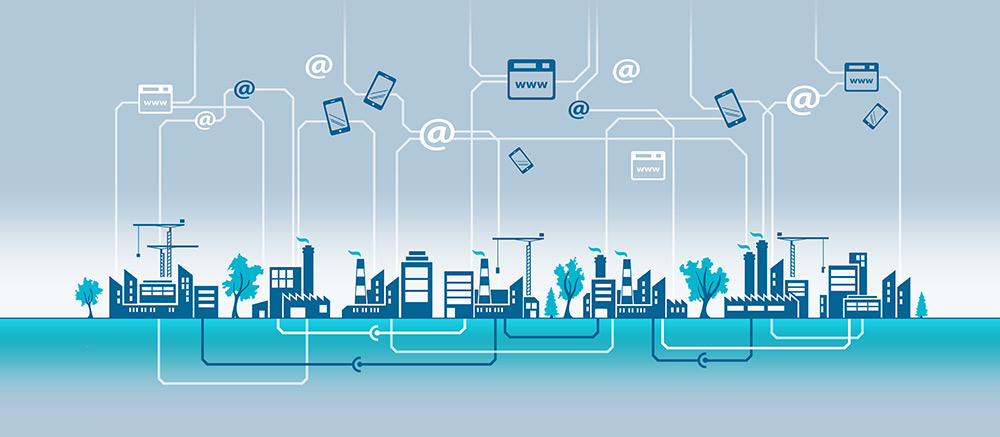Technologies and services associated with communications, commerce and payments, and government are among the most transformational featured in the Gartner, Inc. 2017 Hype Cycle for information and communication technology (ICT) in Africa.
The Hype Cycle identifies 35 key technologies and describes how they will impact business performance over the next 10 years. Of the technologies listed that will have a transformational or high impact on businesses in Africa, 18 will mature within the next five years.
“Developments in ICT are changing how African governments and businesses operate,” said William Hahn, principal research analyst at Gartner. “Some technologies on the Hype Cycle enable new ways of doing business across industries – such as bimodal IT operations and cloud office – causing a shift in industry dynamics. “These technologies will allow African businesses to engage with global partners and benefit from mature market expertise, leading to the creation of an improved, sustainable ecosystem.”
Communications technologies remain the most impactful technologies in Africa, and are well represented on the Hype Cycle. They range from advanced underserved area comms (AUAC) at the Innovation Trigger to direct communications service provider (CSP) billing on the Plateau of Productivity.

The term AUAC describes nontraditional, airborne communication systems that provide broadband service to regions that receive little or no coverage from terrestrial networks or conventional communications satellites. Although currently still in the embryonic stage, AUAC will have a transformational impact in markets such as Africa. Over the next decade, one or more AUAC next-generation systems is likely to extend broadband to at least 60% of the world’s population.
Direct CSP billing is a payment arrangement covering any offering purchased by end users that is charged to a CSP’s bill on behalf of a third party. Direct CSP billing is becoming increasingly attractive, due to developments in networks and devices and to digital commerce becoming more mainstream. As it works with old devices and protocols (such as SMS), it is growing in maturity in emerging markets. “CSPs in emerging markets, where credit and traditional banking are underpenetrated, should think seriously about direct CSP billing for digital goods commerce,” said Hahn. “It provides a means of improving margins, locking in customers and accessing potentially substantial new streams of revenue with unbanked subscribers.”
Communications technologies set the agenda for most other forms of IT activity. “The mobile telephony revolution that transformed connectivity in Africa will continue to evolve in the next two years with further penetration by ultra-low-cost mobile devices,” said Hahn. “The proliferation of connectivity into semi-urban and rural parts of Africa will be a powerful force to reduce the ‘digital divide’, which is one of the biggest social issues in Africa. It will also empower organisations seeking to benefit commercially from ‘bottom of the pyramid’ opportunities.”
Entries on the Hype Cycle from the realm of commerce and payments highlight the relative advancement of certain technologies that are allowing less developed markets, such as Africa, to achieve greater results than those in more penetrated regions. Mobile commerce is bringing huge social benefits to Africa. “As this technology enters the early mainstream, we should expect the partnership of MTN, Millicom and Rocket Internet currently focused in the Middle East and Eastern Europe, will come to Africa soon,” said Hahn.
Government remains by far the largest vertical opportunity in Africa. It also acts as a gateway to other industries, such as healthcare and education. Two entries on the Hype Cycle to carefully consider, according to Hahn, are smart city framework and e-visits. Smart city framework will have a transformational impact across Africa over the next 5-10 years. “Collating data from discrete projects, such as those tracking the real-time location of garbage trucks, and making the data available to all relevant parties, including citizens, will improve citizens’ quality of life,” added Hahn. “It will also create competitive advantage for cities in South Africa as they become more attractive destinations for workers and tourists.”
E-visits are still at the early mainstream stage in Africa. But once electronic health record and portal solutions fully support them, they are likely to become as widely available as office visits and phone calls in the next two to five years. A well-implemented e-visit programme can reduce costs, increase patient satisfaction and engagement, increase care access and improve clinicians’ productivity, which are highly sought-after benefits in emerging markets like Africa.
More detailed analysis is available to Gartner clients in the report ‘Hype Cycle for ICT in Africa, 2017‘. Analysts are due to discuss latest technologies and trends at Gartner Symposium/ITxpo 2017, 18-21 September in Cape Town, South Africa.


